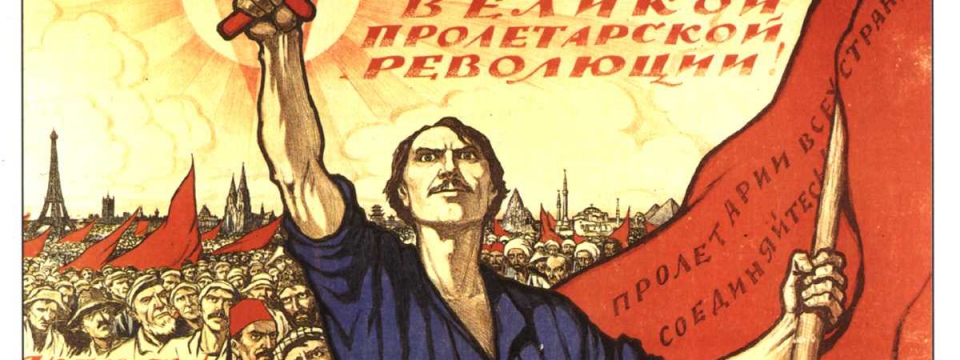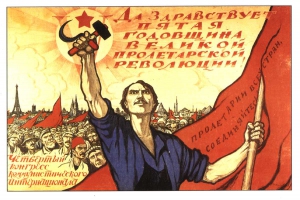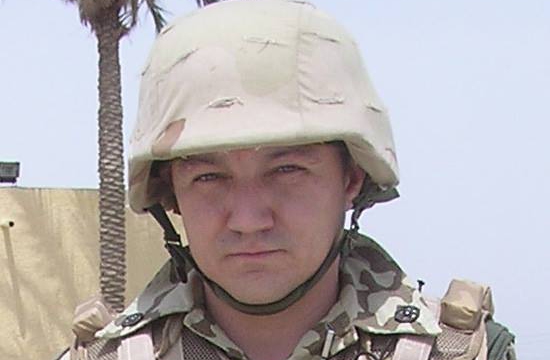Translated by Andriy Berbets and edited by Alex Howard for Voices of Ukraine
According to Information Resistance data, pro-Russian extremists are conducting an intense propaganda campaign amongst the population in Luhansk and Donetsk Regions. Its purpose is to force citizens to take part in the so-called ‘referendum’ to ensure the split of Ukraine. You can read more of it here: http://inforesist.org/russia-is-preparing-a-peace-keeping-operation-in-ukraine/?lang=en.
The separatists are trying to give the impression that during the ‘referendum’, Russia will be able to deploy ‘peacekeeping forces’ on the territory of Ukraine, in order to help stabilize the situation in the region, as their main argument in their attempt to convince the people.
About the fact that Russia is itself fueling the flames of civil war in Ukraine, and that the actions taken by the separatists themselves are destabilizing the situation in these regions, there is only silence.
At the same time we’d like to note that, throughout last week, the so-called Russian ‘expert community’ (e.g. the ‘Gazprom’ funded Moscow Strategic Culture Foundation, the Academy of Geopolitical Problems, the Center of Strategic Conjuncture etc.) began actively promoting the idea that a Russian ‘peacekeeping operation’ is strongly needed on the territory of Ukraine.
The main premise in this case is that a “peacekeeping operation” should be conducted by Russia without any consent from the UN (United Nations), as the involvement of the UN supposedly allows the West ‘to seize the initiative’ and to move their troops into Ukraine after receiving a UN mandate. But, as you know, Russia’s membership in the UN Security Council is absolutely unjustifiable, because this country is the aggressor, so it does not allow the UN Security Council to make any efforts in the resolution of the crisis in Ukraine, including carrying out peacekeeping operations by third parties.
Theoretically, Putin has two options to conduct a ‘peacekeeping operation’: to carry it out under the auspices of the SCO [Shanghai Cooperation Organization] or the CSTO [Collective Security Treaty Organization].
Currently the first option is not possible, because China, as a member of the SCO, would clearly not agree to this kind of global adventure.
What about Moscow’s pocket union, otherwise known as the CSTO? As it’s well known, Putin is currently applying increased pressure on the presidents of the satellite countries. It’s worthwhile remembering the recent military exercises of the Russian Armed Forces, where the question of the use of nuclear weapons was discussed under the personal leadership of Putin, with the presidents of Belarus, Kazakhstan, Kyrgyzstan, and Tajikistan in attendance.
The President of Belarus Alexander Lukashenko, who has not previously supported Russian aggression against Ukraine, has suddenly and inexplicably changed his rhetoric. This change of position miraculously coincided with the message that Russia is ready to give Belarus a $2 billion loan in order to replenish its foreign exchange reserves.
However, the CSTO has no legal grounds for ‘peacekeeping’ in Ukraine, as Ukraine is not a member of the organization. Article 3 of the Agreement on the CSTO peacekeeping operations provides that the organization can perform such activities based on their own decisions only on the territory of the CSTO member states. In the case of non-member countries of the CSTO, approval from the UN Security Council must be obtained first.
This means that any attempt by Russia to move its troops into Ukraine under any pretext, whether alone or in an “alliance” with its satellites, will mean direct military aggression against sovereign Ukraine, or rather the second stage of aggression after Crimea.





